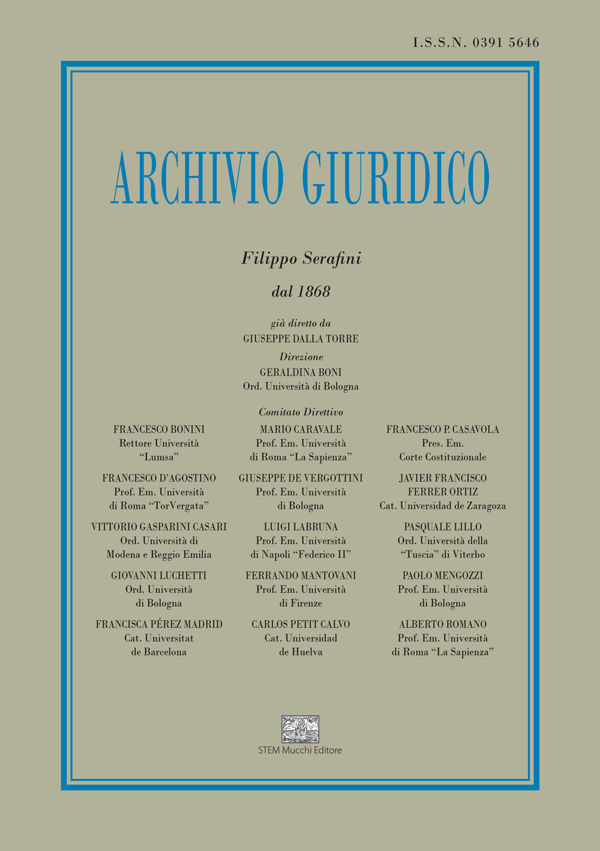Il rapporto tra l’epieikeia – il concetto filosofico e giuridico elaborato da Aristotele – e lo sviluppo del diritto comune medievale è un tema che giuristi e storici hanno affrontato quasi esclusivamente cercando un nesso tra questa e la nozione di aequitas negli scritti di civilisti e canonisti. Questo contributo si propone di tornare sul tema dell’epieikeia e gettarvi una luce nuova svincolando il concetto aristotelico da quello di equità, comparando la sua evoluzione in teologia morale con quella degli scritti di diritto comune in tema di interpretazione e di dispensa, ed esaminando due noti riferimenti espliciti all’epieikeia negli scritti dei canonisti Jean Lemoine (1250-1313) e Giovanni da Legnano (ca. 1320-1383). L’analisi qui sviluppata, oltre a mostrare come la lente dell’aequitas possa rivelarsi particolarmente deformante per quest’ambito di ricerca, identifica la funzione che poteva venire attribuita dai giuristi all’epieikeia, i contesti in cui ad essa si poteva far ricorso, e le tracce che è possibile seguire per approfondire il tema in ricerche future.
Parole chiave: epieikeia, teologia morale, equità, interpretazione, dispensa.
The relationship between epieikeia – the philosophical and legal concept elaborated by Aristotle – and the development of the medieval ius commune is a topic that jurists and historians have dealt with almost exclusively by looking for a connection between the former and the notion of aequitas in the writings of legists and canonists. This paper sets out to return to the topic of epieikeia and shed new light on it by untethering the Aristotelian concept from that of equity, comparing its development in moral theology with that of ius commune writings on interpretation and dispensation, and examining two known occurrences of explicit references to epieikeia in the writings of canonists Jean Lemoine (1250-1313) and Giovanni da Legnano (ca. 1320-1383).
This analysis exposes the distorting effect that the lens of aequitas can have for this area of research, and identifies the function that could be attributed by jurists to epieikeia, the contexts in which it could be resorted to, and the paths that may be followed to further our understanding of the topic in future research.
Key words: epieikeia, moral theology, equity, interpretation, dispensation.

